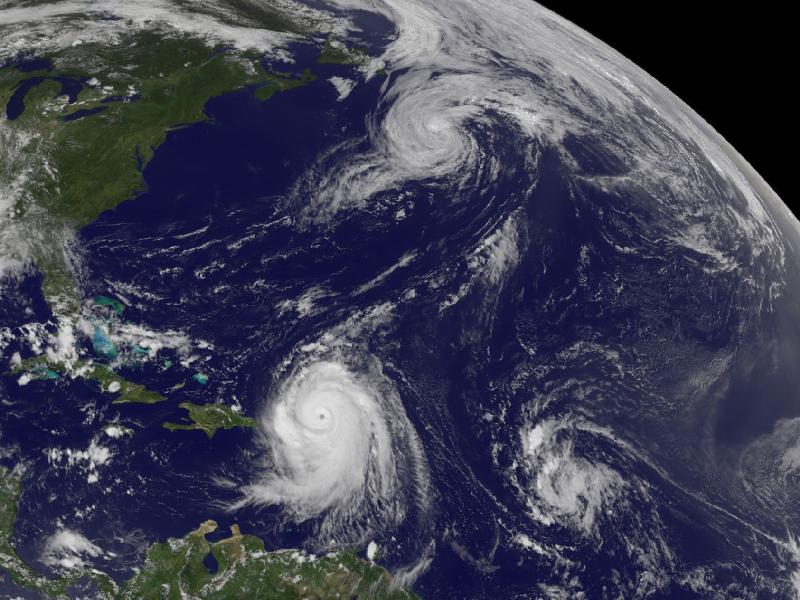On celebrating the death of Osama Bin Laden
In the New York Times, Jonathan Haidt has invoked group selection theory to explain why so many people outwardly celebrated the death of Osama Bin Laden. To understand why the reaction was natural and predictable rather than primal and boorish, Haidt pointed out that we are more than "selfish creatures, able to act altruistically only when it will benefit our kin or our future selves." We often do function like this, but we, unique among primates (and akin to bees and ants) simultaneously function intensely at a second higher level.
This [higher level] competition favors groups that can best come together and act as one. Only a few species have found a way to do this. Bees, ants and termites are the best examples. Their brains and bodies are specialized for working as a team to accomplish nearly miraculous feats of cooperation like hive construction and group defense. Early humans found ways to come together as well, but for us unity is a fragile and temporary state. We have all the old selfish programming of other primates, but we also have a more recent overlay that makes us able to become, briefly, hive creatures like bees.As Emile Durkheim pointed out, humans don't merely act on narrowly focused selfishness; rather, they are subject to emotions that "dissolve the petty, small-minded self. They make people feel that they are a part of something larger and more important than themselves." Human beings can be knitted together through a benign "collective effervescence" that goes by the name of "patriotism," which Haidt distinguishes from "nationalism,"
[T]he view that one’s own country is superior to other countries and should therefore be dominant. Nationalism is generally found to be correlated with racism and with hostility toward other countries, but patriotism by itself is not."

